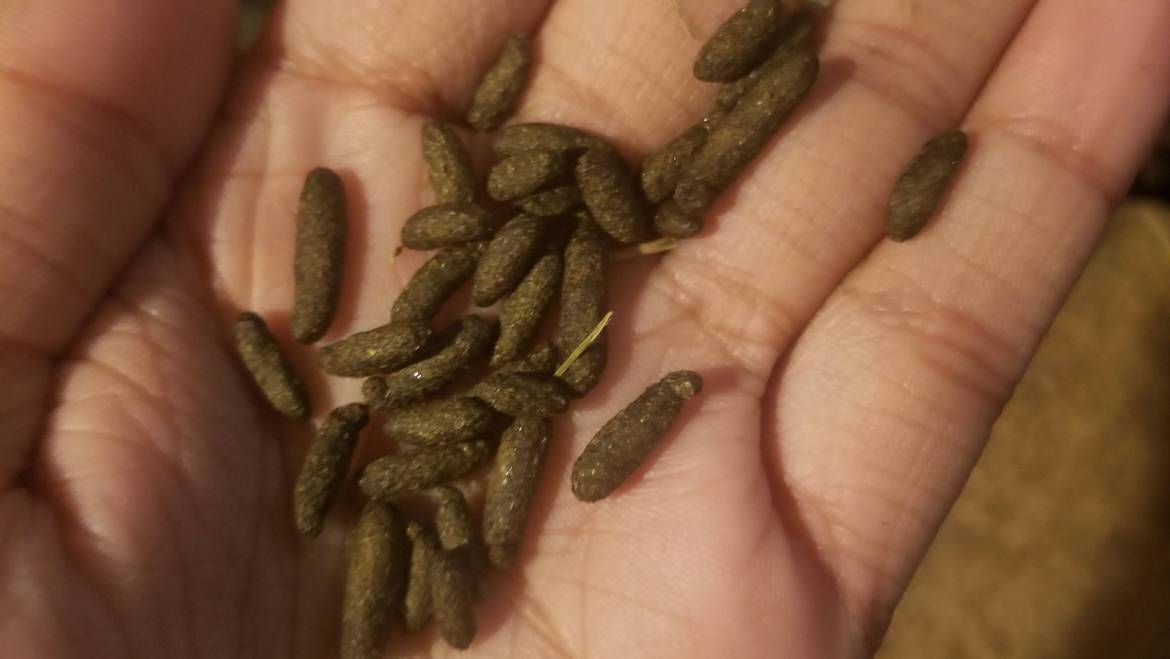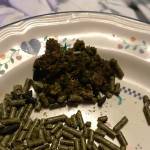Chinchillas are adorable and entertaining pets, but they require specific care and attention to stay healthy. One of the most common health issues faced by chinchillas is constipation. Chinchilla constipation is a serious health concern that requires immediate attention. In this article, we will explore the causes, symptoms, and treatment options for chinchilla constipation.
What is Chinchilla Constipation?
Chinchilla constipation occurs when there is a buildup of fecal matter in the colon, making it difficult or impossible to pass stool. If left untreated, chinchilla constipation can lead to serious health problems, such as impaction or intestinal blockage, which can be fatal.
Causes of Constipation in Chinchillas
Several factors can cause chinchilla constipation, including:
- Diet: Chinchillas are herbivores and require a diet high in fiber to maintain a healthy digestive system. Feeding your chinchilla a diet that is low in fiber can lead to constipation.
- Dehydration: Chinchillas require fresh, clean water at all times to prevent dehydration. Dehydration can lead to constipation.
- Lack of Exercise: Chinchillas are active animals and require daily exercise to maintain a healthy digestive system. A lack of exercise can lead to constipation.
- Tooth Problems: Chinchillas have continuously growing teeth that require regular trimming. Tooth problems can cause a lack of appetite, leading to constipation.
Symptoms of Chinchilla Constipation
Chinchillas can be quite stoic, so it is essential to observe them closely to identify signs of constipation. Some common symptoms of chinchilla constipation include:
- Lack of Appetite: Chinchillas with constipation may stop eating or only eat small amounts.
- Small or Dry Droppings: Chinchillas with constipation may produce small or dry droppings, or they may not produce any droppings at all.
- Straining: Chinchillas with constipation may strain to pass stool or show signs of discomfort while trying to defecate.
- Lethargy: Chinchillas with constipation may become lethargic or less active than usual.
Treatment for Constipated Chinchillas
If you suspect that your chinchilla is constipated, it is essential to seek veterinary care immediately. The veterinarian will perform a physical exam, take X-rays, and recommend treatment options based on the severity of the constipation. Treatment options for chinchilla constipation include:
- Fluid Therapy: If your chinchilla is dehydrated, the veterinarian may administer fluids to help rehydrate them.
- Diet Modification: The veterinarian may recommend modifying your chinchilla’s diet to include more fiber or switching to a special diet designed for chinchillas with digestive problems.
- Medications: The veterinarian may prescribe medication to help stimulate bowel movements or treat any underlying health issues.
- Enemas: In severe cases, the veterinarian may need to perform an enema to help remove impacted feces from the colon.
Preventing Chinchilla Constipation
Preventing chinchilla constipation is easier than treating it. Some tips to help prevent chinchilla constipation include:
- Provide a High-Fiber Diet: Chinchillas require a diet high in fiber to maintain a healthy digestive system. Offer a variety of hay, pellets, and fresh vegetables to ensure that your chinchilla is getting enough fiber.
- Encourage Exercise: Chinchillas are active animals and require daily exercise to maintain a healthy digestive system. Provide toys, climbing structures, and safe play areas to encourage exercise.
- Regularly Trim Teeth: Chinchillas have continuously growing teeth that require regular trimming. Schedule regular dental checkups with a veterinarian to ensure that your chinchilla’s teeth are healthy.
- Avoid Overfeeding Treats: While treats can be a fun way to bond with your chinchilla, overfeeding treats can lead to digestive problems. Limit treats to once or twice a week and choose healthy options like dried herbs or fruits.
- Provide Fresh, Clean Water: Chinchillas require fresh, clean water at all times to prevent dehydration.
Chinchilla constipation is a serious health issue that requires immediate attention. By understanding the causes, symptoms, and treatment options for chinchilla constipation, you can provide the best possible care for your furry friend. With proper diet, exercise, and dental care, you can help prevent chinchilla constipation and ensure that your chinchilla remains happy and healthy.







